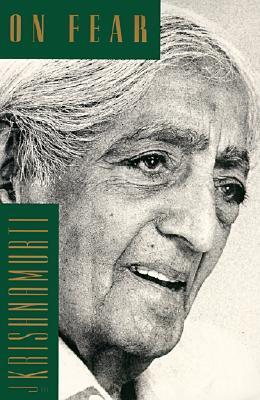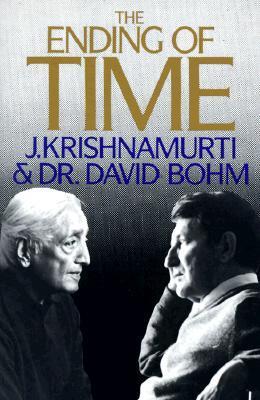
As One Is: To Free the Mind from All Conditioning
Book Description
Imagine a world unshackled from the chains of thought. In *As One Is*, J. Krishnamurti sparks a radical conversation about the nature of conditioning, beckoning a journey into the depths of the mind. With piercing insights, he challenges every assumption about freedom and self-identity, beckoning exploration beyond societal norms. As the layers of thought peel away, what emerges is a transformative clarity and profound inner liberation. It’s not just philosophy; it’s a call to awaken to a deeper consciousness. Are you ready to confront the limitations of your own mind and discover what lies beyond?
Quick Book Summary
"As One Is" by J. Krishnamurti is a profound exploration into the nature of our conditioned minds and the path toward authentic psychological freedom. Through a series of talks and dialogues, Krishnamurti invites readers to question every assumption, habit, and belief that forms the foundation of their identity. He challenges the notion that true liberation can be attained through external systems, doctrines, or practices, proposing instead that freedom begins with direct observation and awareness of one’s own thought processes. By unraveling the intricacies of conditioning—whether cultural, religious, or personal—Krishnamurti guides us toward a transformative clarity, where creativity and compassion can flourish. Ultimately, the book serves not as a guide with steps to follow, but as an invitation to deeply perceive and understand the workings of the mind, fostering a living wisdom that transcends all forms of conditioning.
Summary of Key Ideas
Table of Contents
The Nature and Impact of Conditioning
Krishnamurti begins by deftly exploring the pervasive nature of psychological conditioning, emphasizing that every human being is born into a web of beliefs, habits, and cultural norms that shape perception and identity. He highlights how this conditioning limits our capacity to see things clearly and perpetuates psychological conflict, fear, and misunderstanding. According to Krishnamurti, most attempts to change or improve oneself fall short because they do not address the root—the conditioned mind itself—which must be seen for what it is before real transformation can occur.
Freedom through Self-Awareness and Observation
Instead of seeking freedom through systems, rituals, or spiritual authorities, Krishnamurti posits that true liberation arises from direct, choiceless awareness of one’s own thoughts and reactions. He encourages readers to cultivate a state of attentive observation without judgment or interference, watching the movements of fear, desire, and conformity. Through this deepening self-awareness, the mind becomes alert to its own patterns and attachments, opening a space for insight and self-understanding. This awareness, he argues, dissolves conditioning naturally rather than through will or effort.
The Illusion of Authority and Self-Identity
Krishnamurti rigorously challenges the concept of authority, both external and internal. He asserts that reliance on spiritual leaders, traditions, or even one's own accumulated knowledge fosters dependency and inhibits genuine perception. He calls for a complete rejection of authority in matters of the mind, urging individuals to trust their capacity for direct insight. He also questions the process of becoming—the constant striving to be someone or something else—which is another form of psychological bondage.
Living a Life of Meditation and Stillness
Central to Krishnamurti's teaching is the notion of meditation, not as a technique or escape, but as a state of undivided attention and receptivity. Meditation, in this sense, is the art of being totally present with what is, allowing the mind’s chatter and restlessness to quiet naturally through observation. When the mind is still, he suggests, it is free to perceive reality wholly, without the distortions of belief, memory, or expectation. This meditative awareness fosters both inner peace and a sense of unity with all life.
Awakening Creativity and Compassion
The book concludes by pointing toward the flowering of creativity and compassion that comes from a mind freed of its past structures. For Krishnamurti, authentic compassion cannot be cultivated through effort or moral codes, but springs effortlessly from clarity and freedom. He envisions a world where individuals, fully awake and unconditioned, naturally relate to others and society with intelligence, love, and an abiding sense of responsibility. Thus, "As One Is" becomes a call not just to personal liberation, but to the transformation of humanity itself.
Download This Summary
Get a free PDF of this summary instantly — no email required.





